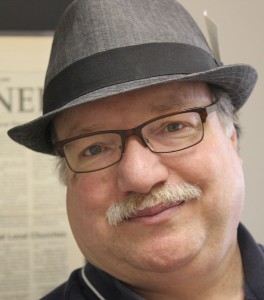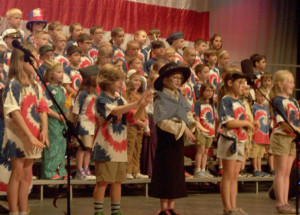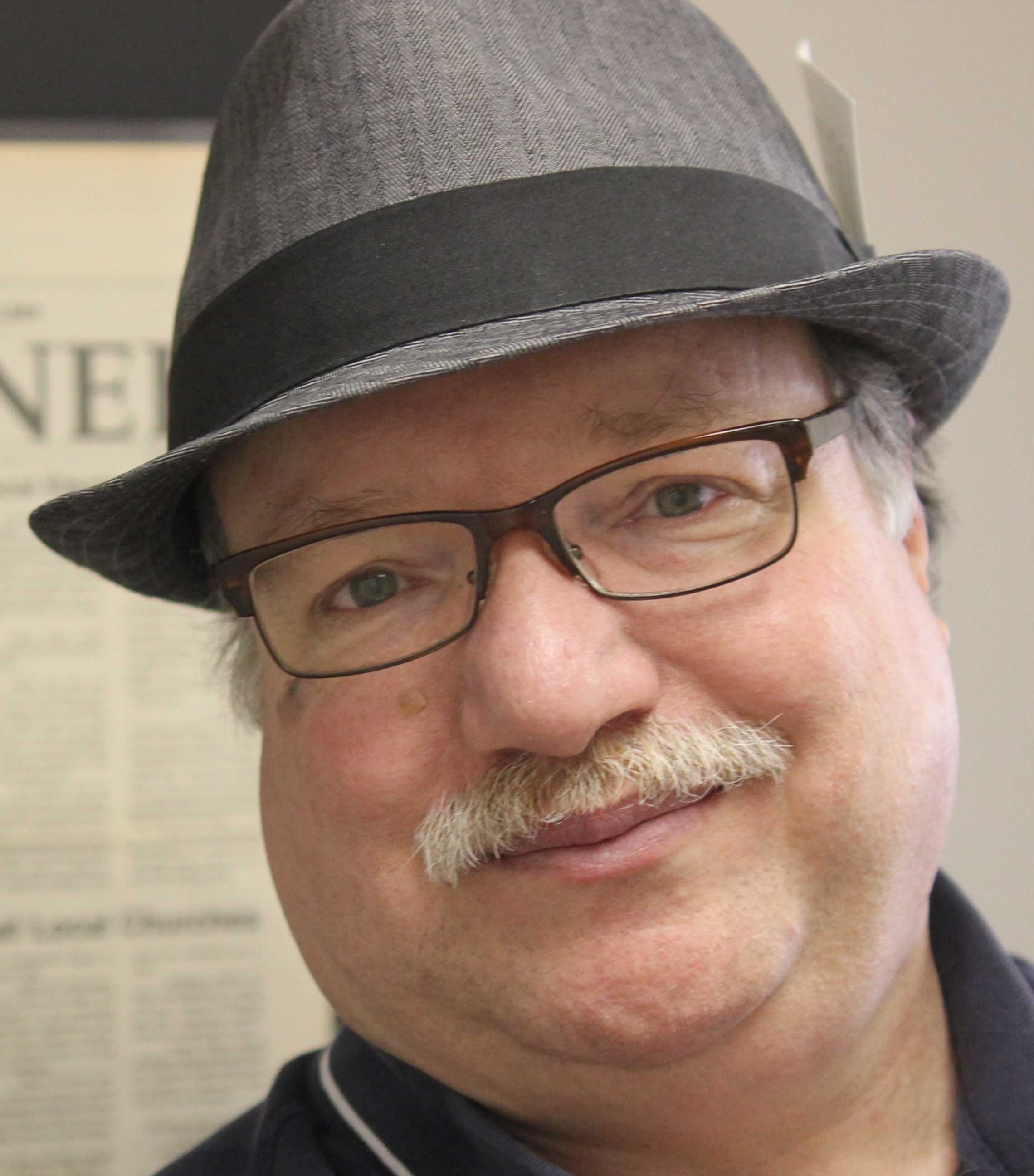Exclusive Interview: 2001: A Space Odyssey actor Keir Dullea one-on-one with Sentinel Publisher Chris Carosa
On Thursday evening, January 19, 2017, the George Eastman House screened its newly acquired 35mm print of the science fiction classic 2001: A Space Odyssey. The Stanley Kubrick film launched Hollywood into a new era of serious space-based science fiction. Both Kubrick and author Arthur C. Clarke co-wrote the script, based on several of Clarke’s previous works. Clarke himself wrote the novel concurrent to writing the script.
Against the backdrop of both the blossoming U.S. space program and the stealthy popularity of television’s Star Trek, Kubrick introduced such realistic special effects many movie goers thought it was actually filmed in space. Indeed, no less than Steven Spielberg and George Lucas have said those effects inspired their work. The film won the Academy Award for Best Visual Effects.
As a special treat to those in attendance, the George Eastman House arranged to have Keir Dullea, the actor who portrayed the movie’s protagonist David Bowman, available for comments, questions, and autographs following the screening. The warm and approachable Dullea, well acquainted with the comic book and sci-fi convention audience, seemed very comfortable with those in the Dryden Theatre that night.
Among the fascinating tidbits he shared was the story of the rather dramatic filming technique used by Kubrick in the scene where Bowman needs to re-enter the spacecraft Discovery One after the now rogue HAL 9000 computer refuses to allow the astronaut back in. In order to simulate both the effects of weightlessness and being blown into the vacuum chamber, Kubrick dropped Dullea, attached to an unseen wire, from the top of a three story set. Just before Dullea hit bottom, a professional circus acrobat, holding onto the wire, also jumped from the same platform, albeit off camera. This had the effect of showing Bowman “bounce” back to the open portal. When the acrobat hit the ground, he released the wire, allowing Dullea to free fall the entire three stories a second time. Dullea expressed relief it was all done in one take, something quite unusual for Kubrick.
The George Eastman House was kind enough to allow The Sentinel to interview Keir Dullea privately before the event. What follows is an abridged version of that interview. As you’ll discover, there’s an amazing “hometown” coincidence lurking in this interview. For the complete, unedited, version, please go to www.MHFLSentinel.com and click on the “Video” button.
Sentinel: Aside from 2001, what’s your favorite Stanley Kubrick film?
Dullea: Paths of Glory, with Kirk Douglas, is my favorite. I weep at the end of that film. I’ve seen it many, many times. I think it’s an extraordinarily emotional film. It’s about something important. It’s anti-war. And Kirk Douglas is perfect – everyone is perfect. I just think it’s extraordinary. I was in drama school and I had the afternoon off. Somebody said, “Hey, there’s a war picture down the street. Kirk Douglas is in it.” I said, “Oh, wow, OK, I’ll go. I sat down – I never heard of Stanley Kubrick – and it started, and my jaw dropped to my knees. I couldn’t believe the visuals I was seeing, the opening, them coming up and going over the trenches. Of course, the first thing I did when the movie was over was to take a look at the poster and see who made it. I was an instant fan.
Sentinel: Again, not including 2001, what’s your favorite science fiction movie?
Dullea: I think Close Encounters of the Third Kind. To me, it was the acting. It wasn’t just a space movie. The relationships were interesting. I think Dreyfuss was brilliant in the film. I can’t tell you exactly why, I think it’s an extraordinary film.
Sentinel: How about your favorite all-time classic movie character?
Dullea: Oh, gosh, I don’t know if I can pick one. I was just ate in a restaurant called “Bogey’s.” You can imagine what it’s about. Of course, there were posters all over the place. I guess,… you know, after we finish this interview I will think of people I should have mentioned, but I can’t get Bogart out of my mind.
Sentinel: Let me ask you a 2001 question. At the end of the movie, you were done-up as an old person. So how do you think that turned out, versus the real life version of you as an 80 year old?
Dullea: Well, you’ll have to judge because I was thirty. It was a twelve hour make-up session. That alone was quite an experience. It was just another gig. (laughs) It wasn’t just another gig. I promise you.
Sentinel: Had you read Homer’s Odyssey before you made the film?
Dullea: No. What I had done, when I was in junior high, I loved science fiction, I subscribed to all the magazines – Astounding, Galaxy – and my mother would give me a volume of the best science fiction of 1950 – whatever it was – and one of the stories within that book stayed with me. It was “The Sentinel,” which is the short story [Clarke wrote] Kubrick founded 2001 on. When I read the script I said “Something’s familiar” and then it hit me.
Sentinel: What do you hope people take away from 2001, what kind of legacy do you expect it to have?
Dullea: What’s extraordinary about the film is I’m not sure what the message is. This film has many messages for different people. We had a nun who came to one of the premieres and said it was one of the most religious experiences she had ever had. Now, I’m not religious, but I think it’s an extraordinary spiritual experience. For some reason, who knew that we… Would the actors who were in Citizen Kane know that they’d be studying it seventy-five years later in film school? We knew we were in an important film that year, but thought that would be it. God knows, I guess that says something about the spirituality and the meaning of this film, how it effects people in so many different ways.
Sentinel: Thank you very much Mr. Dullea and have a great time in Western New York!
[Publisher’s Note: Despite the obvious connection between one of the Founders of The Sentinel, astronomy, and the movie 2001: A Space Odyssey, the name “Sentinel” in the Mendon-Honeoye Falls-Lima Sentinel did not come from Arthur C. Clarke’s short story “The Sentinel.”]





